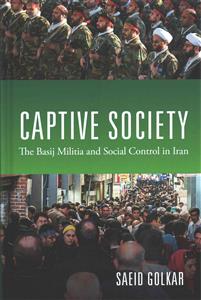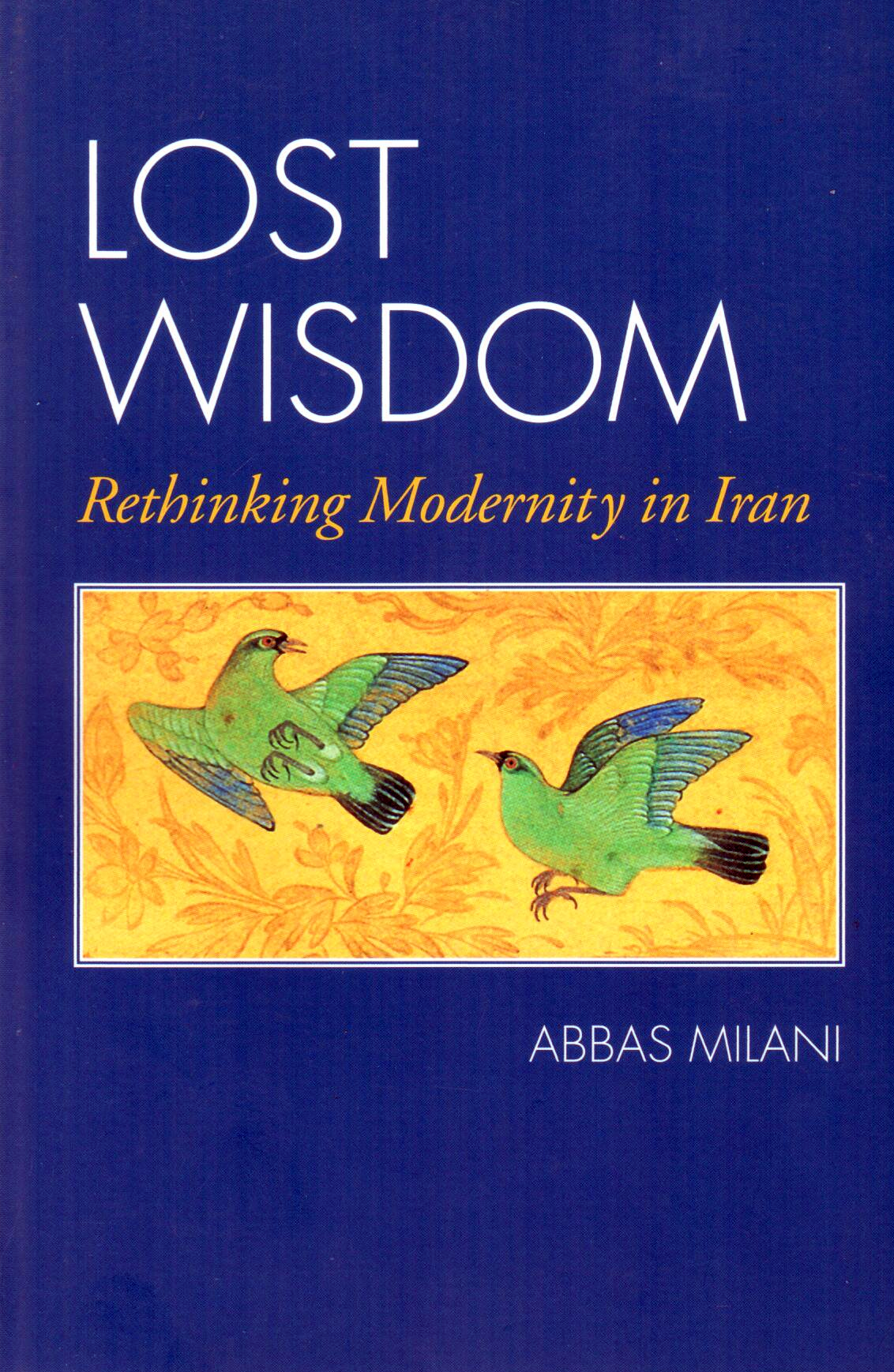Captive society : the Basij Militia and social control in Iran: English 2015
Captive society : the Basij Militia and social control in Iran
49.98 $
Share
Wishlist
ISBN:
9780231704427
Publisher:
Woodrow Wilson center press
Age Group:
Adult
Pages:
289
Weight:
1150 g
Dimensions:
18 x 25 x 2.62 cm
Book Cover:
Hard Cover
Iran's Organization for the Mobilization of the Oppressed (Sazeman-e Basij-e Mostazafan), commonly known as the Basij, is a paramilitary organization used by the regime to suppress dissidents, vote as a bloc, and indoctrinate Iranian citizens. Captive Society surveys the Basij's history, structure, and sociology, as well as its influence on Iranian society, its economy, and its educational system. Saied Golkar's account draws not only on published materials-including Basij and Revolutionary Guard publications, allied websites, and blogs-but also on his own informal communications with Basij members while studying and teaching in Iranian universities as recently as 2014. In addition, he incorporates findings from surveys and interviews he conducted while in Iran
more
Iran\'s Organization for the Mobilization of the Oppressed (Sazeman-e Basij-e Mostazafan), commonly known as the Basij, is a paramilitary organization used by the regime to suppress dissidents, vote as a bloc, and indoctrinate Iranian citizens. Captive Society surveys the Basij\'s history, structure, and sociology, as well as its influence on Iranian society, its economy, and its educational system. Saied Golkar\'s account draws not only on published materials-including Basij and Revolutionary Guard publications, allied websites, and blogs-but also on his own informal communications with Basij members while studying and teaching in Iranian universities as recently as ٢٠١٤. In addition, he incorporates findings from surveys and interviews he conducted while in Iran
more







